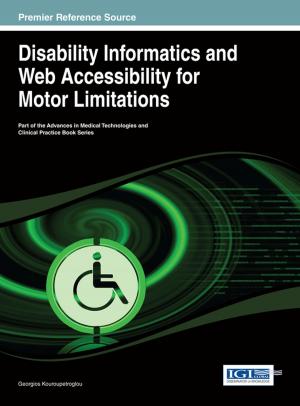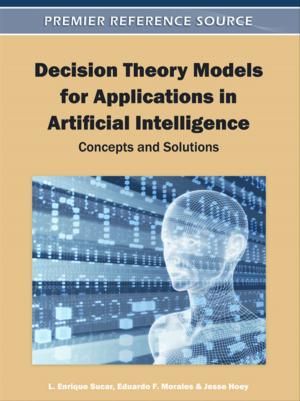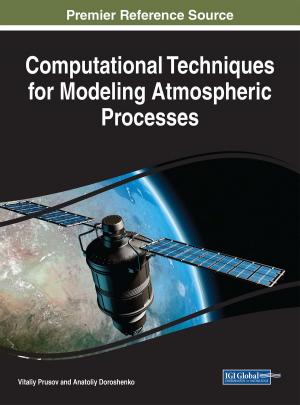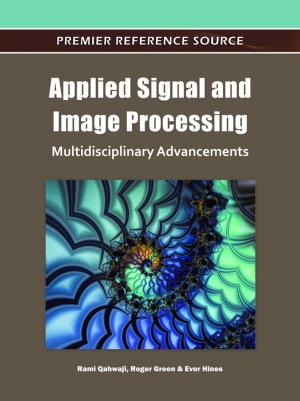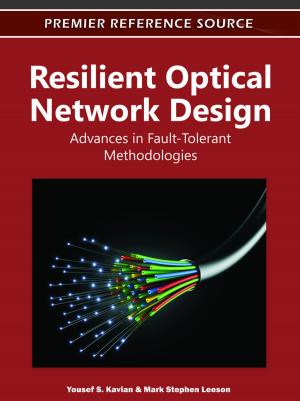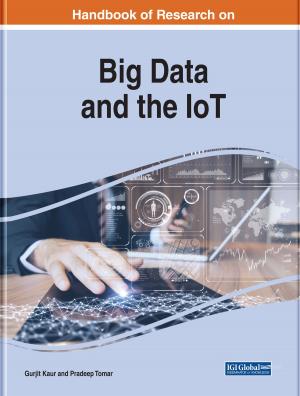E-Infrastructures and Technologies for Lifelong Learning
Next Generation Environments
Nonfiction, Computers, General Computing, Reference & Language, Education & Teaching| Author: | ISBN: | 9781466606975 | |
| Publisher: | IGI Global | Publication: | April 30, 2011 |
| Imprint: | Information Science Reference | Language: | English |
| Author: | |
| ISBN: | 9781466606975 |
| Publisher: | IGI Global |
| Publication: | April 30, 2011 |
| Imprint: | Information Science Reference |
| Language: | English |
The emerging knowledge society places new requirements on the educational sector to support the needs of individuals and organizations. In the discipline of lifelong learning, which is one of the most important forces driving education in the 21st century, e-learning has become a collaborative and community-based process. This necessitates tools to support the autonomous and dynamic creation of lifelong learning communities and new distributed e-learning services. E-Infrastructures and Technologies for Lifelong Learning: Next Generation Environments provides a comprehensive review of state-of-the-art technologies for e-learning and lifelong learning, examining theoretical approaches, models, architectures, systems and applications. It addresses critical issues in the field, providing readers with insight on the various stages of the technological life cycle, as well as applications in real world settings. As a one-stop reference, this book provides a holistic view of the various issues in the area of advanced technologies for lifelong learning ranging from organizational issues to lifelong learning delivery issues.
The emerging knowledge society places new requirements on the educational sector to support the needs of individuals and organizations. In the discipline of lifelong learning, which is one of the most important forces driving education in the 21st century, e-learning has become a collaborative and community-based process. This necessitates tools to support the autonomous and dynamic creation of lifelong learning communities and new distributed e-learning services. E-Infrastructures and Technologies for Lifelong Learning: Next Generation Environments provides a comprehensive review of state-of-the-art technologies for e-learning and lifelong learning, examining theoretical approaches, models, architectures, systems and applications. It addresses critical issues in the field, providing readers with insight on the various stages of the technological life cycle, as well as applications in real world settings. As a one-stop reference, this book provides a holistic view of the various issues in the area of advanced technologies for lifelong learning ranging from organizational issues to lifelong learning delivery issues.

